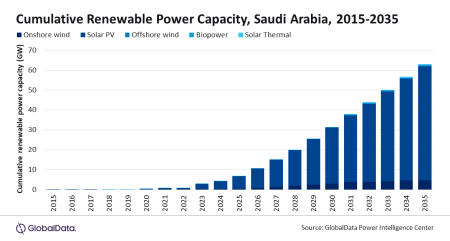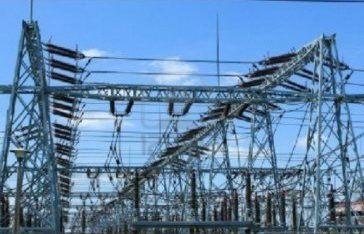
04 February 2013, Abuja – The Bureau of Public Enterprises (BPE) and the Nigeria Electricity Regulatory Commission (NERC) have partner to ensure that the new owners of PHCN successor companies were put on their toes to fulfill their contractual obligations.
BPE, director general, Mr. Benjamin Dikki, made this known in a presentation at the 6th Power Summit for Civil Society Organizations (CSO) Forum held in Abuja recently.
Dikki noted that the agreements signed with the new owners contained some minimum performance standards to be achieved, adding that since NERC and BPE had a common goal in ensuring that the companies achieved high standards in performance, both agencies have agreed to set up joint monitoring teams.
He revealed that the details of the monitoring framework are being finalized by a committee made up of representatives of both agencies.
The DG pointed out that the following agreements and documents provide the basis for monitoring the privatized power companies. They include: Share Sale and Purchase Agreement (SSPA); Performance Agreements (PA); BPE’s Post Privatization Monitoring Template; NERC’s Reporting Compliance Regulation; and NERC’s Terms and Conditions of Licensing.
He stated that the Share Sales and Purchase Agreement (SSPA) clearly spell out the terms and conditions of sale of shares to the investors while the Performance Agreements contain terms of payment and Post Acquisition Plans (PAP) implementation.
He pointed out that NERC’s Reporting Compliance Regulations clearly outlines the level of compliance to set standards by the companies and NERC’s license terms and conditions is the document that shows the mandatory requirements for acquiring a license and the violation of the terms will lead to NERC’s withdrawal of the license.
He reiterated that compliance monitoring gives the BPE express right to enter and monitor privatized enterprises and carry out an audit or review of the business once every six months.
He noted that the purchaser must comply with Post Acquisition Plan and initial budget, adding that the consent of BPE is required for annual revisions to budgets and plans for first five years and afterwards, BPE will have the veto rights regarding certain expenditures as provided in the reserved matters.
Some of the key objectives of the reform and privatization of the sector according to the BPE DG include the repeal of monopoly laws that restricted entry into the Nigeria Electricity Supply Industry (NESI) and the liberalization of the sector to create an enabling environment for private sector investment in the sector.
– Daily Trust



